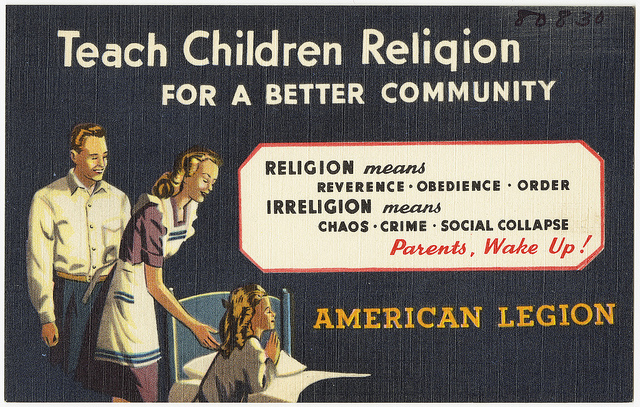
Primary season already feels interminable, and it looks like, among Republicans, Donald Trump is pulling ahead with wins in Nevada, South Carolina, and New Hampshire. The results are perplexing for our typical narratives about conservative politics for a number of reasons, but one of the most striking is that he appears to be doing pretty well with evangelical Christian voters, despite being not terribly religious himself (including a recent flub over “two Corinthians”).
Ted Cruz is a much more committed evangelical candidate. A recent piece in New Republic looks at “How Ted Cruz Lost the Evangelical Vote,” and draws on research from sociologist Lydia Bean on how a simple narrative about conservative religion and conservative politics doesn’t quite fit the reality of contemporary evangelicalism. According to the article:
Bean points out that evangelicals differ not only in their politics—with some identifying as more conservative and others as more moderate—but in their religiosity.
“Evangelicals who don’t go to church very much but identify as Christian, with Christian nationalistic rhetoric, but aren’t very well formed or advised by Christian community leaders—they’re going for Trump,” Bean says. “I think Ted Cruz is picking up the older, more observant people who are theologically and politically conservative, the people who actually go to church every week.” Rubio, meanwhile, “is picking up the younger, more cosmopolitan evangelicals…”
The relationship between religion and politics is complicated, just like any other ideological system. The most interesting sociological point in Bean’s research, though, is how different styles of practice within similar religious communities can teach people to look at politics and their choices in different ways.

Comments